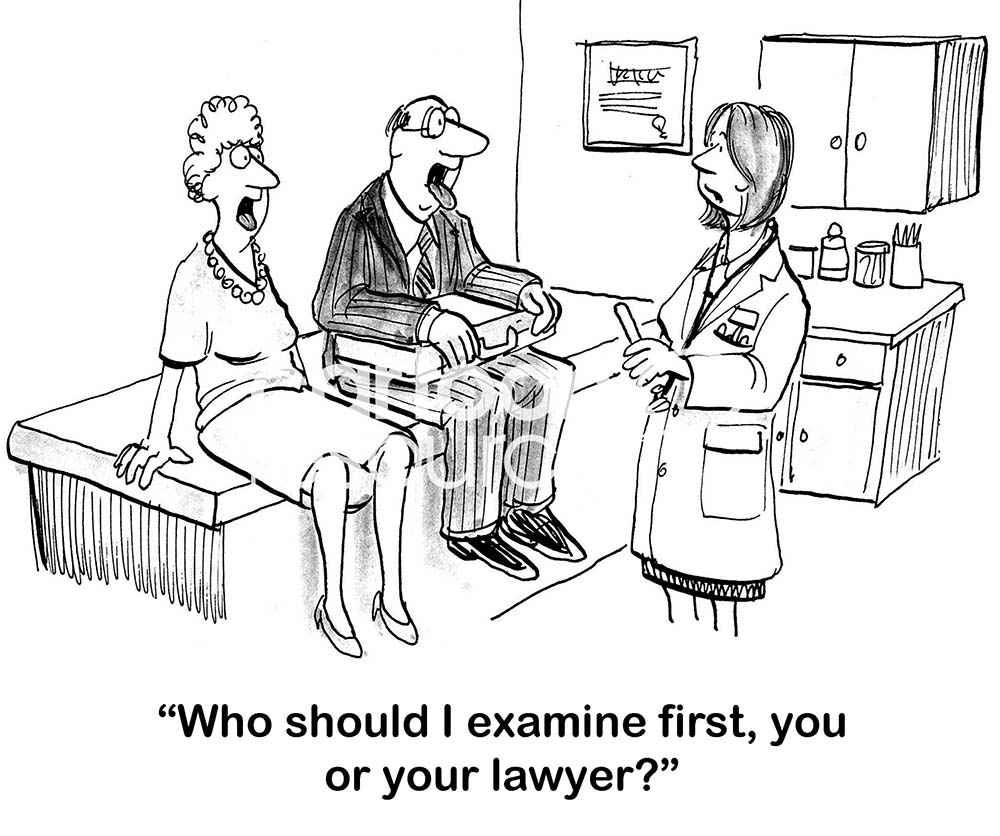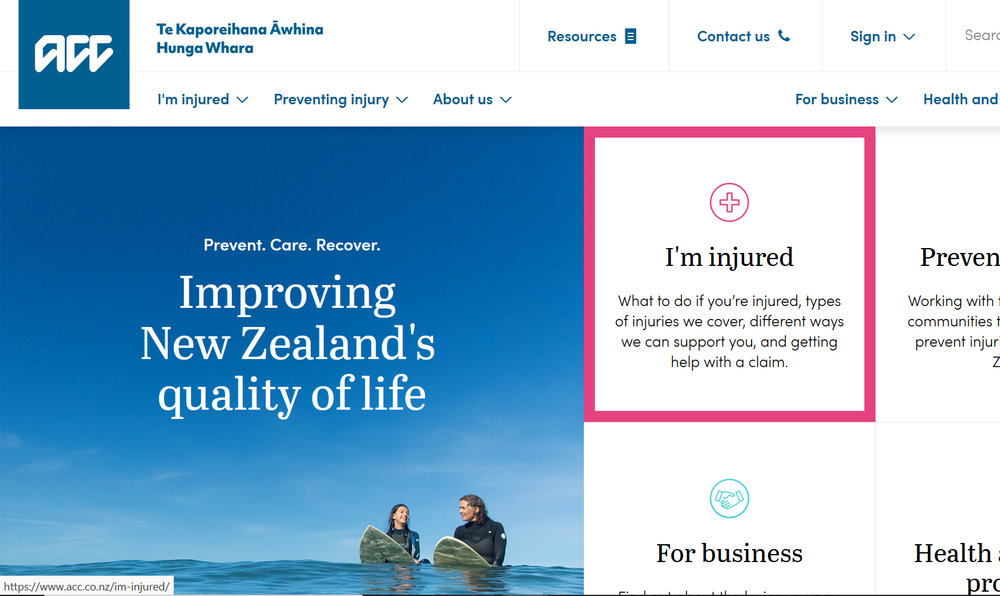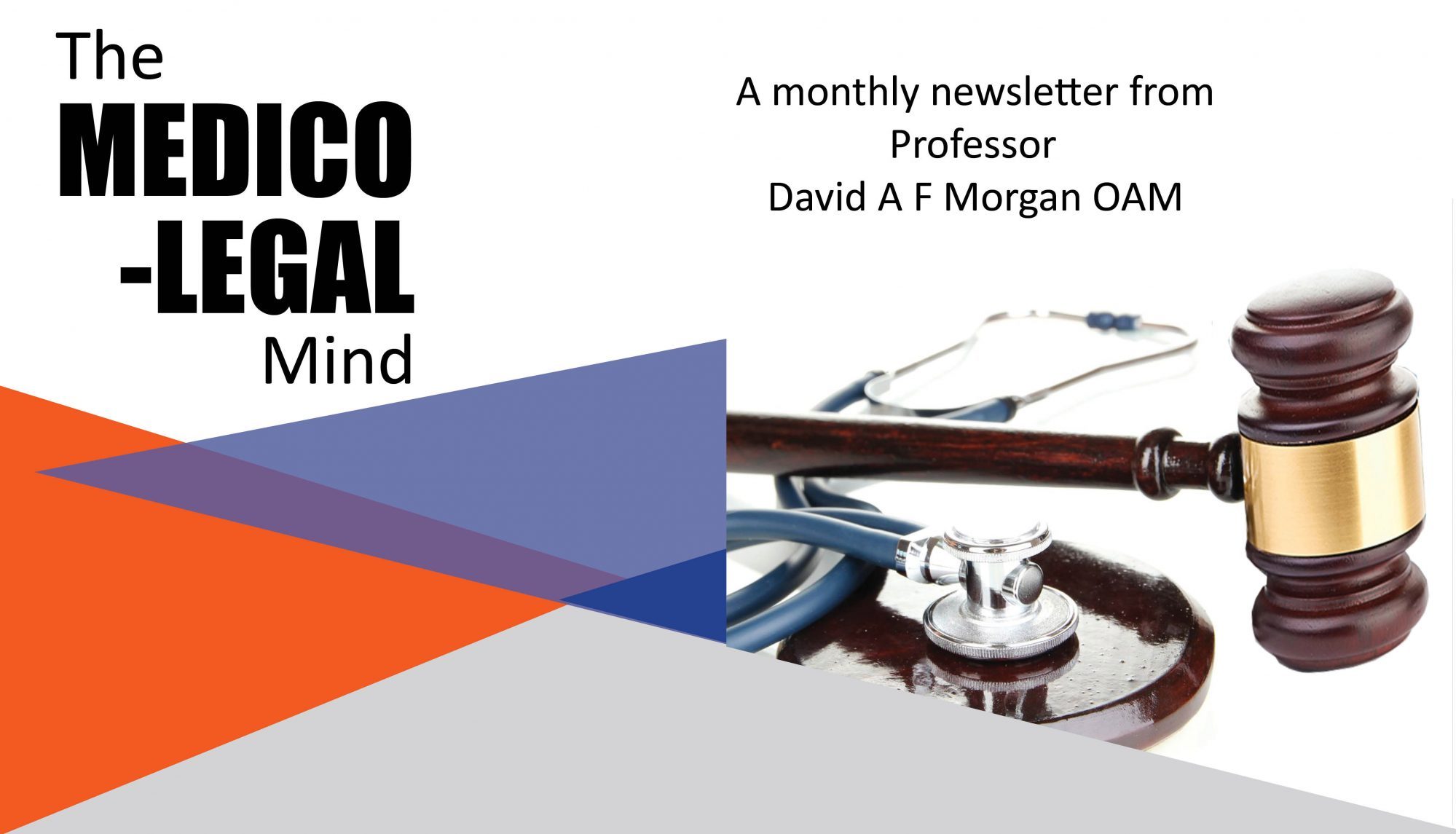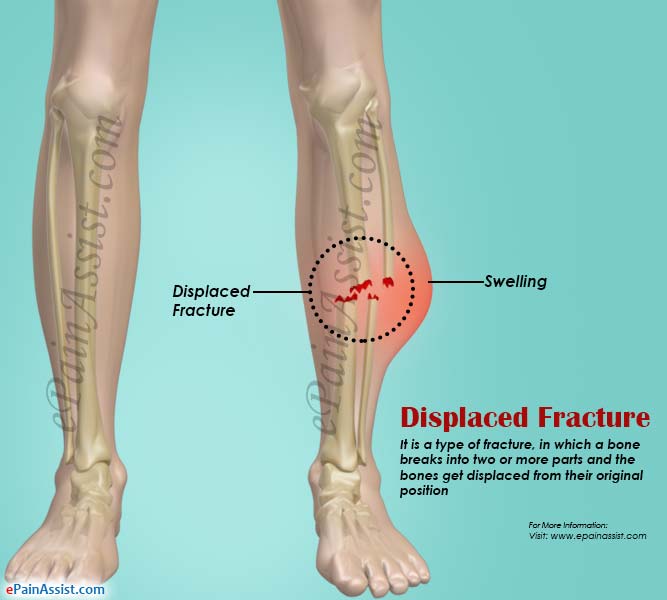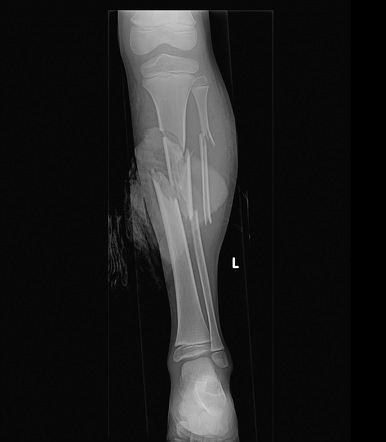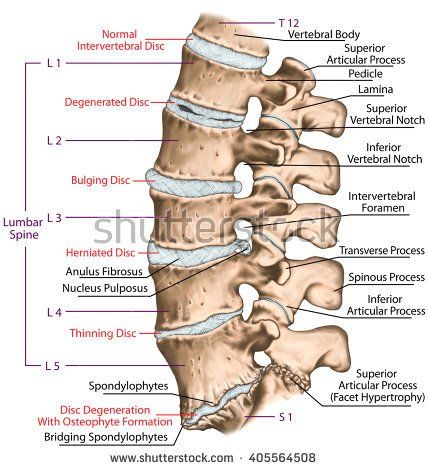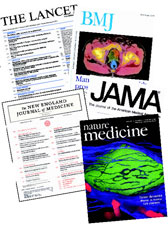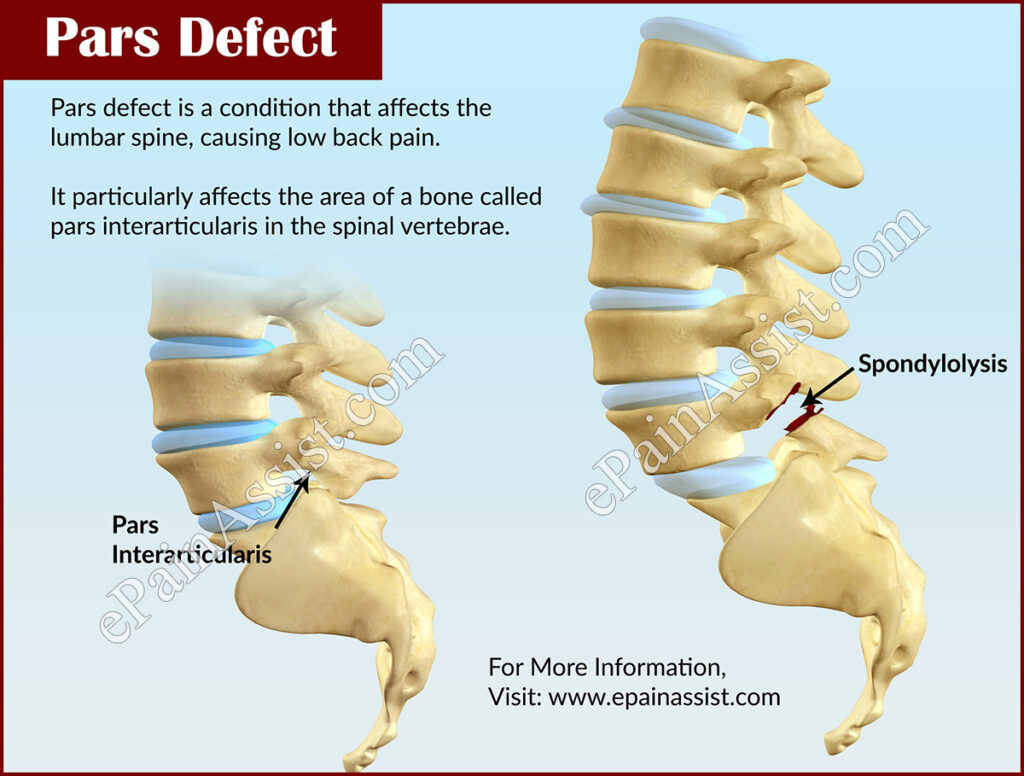Lead Article – March 2022
Mandatory Reporting
I recently attended a dinner hosted by, and for, members of both the legal and medical professions in Queensland. There were three speakers dealing with the topic of mandatory reporting and all came from different backgrounds.

The lawyer was excellent. She was concise, erudite, focussed, objective and educational. Her performance was faultless. It occurred to me how fortunate I was to be a member of the medical defence organisation which employs her.
There are two central issues in mandatory reporting. The first relates to the mandate. If you (as a medical practitioner) have a “reasonable” belief that a fellow practitioner is under-performing, engaging in unprofessional conduct or is guilty of professional misconduct, you must report. It is as simple as that. I suppose the question could be how do you define “reasonable”? This is obviously a grey area but to the best of my knowledge, and to the knowledge of others who should know, nobody has ever been castigated for a frivolous or vexatious notification under the mandatory reporting system. If you can justify what you believe (in other words, it is not based upon jealousies or turf wars), I think you are safe.

The second issue relates to detecting the under-performance, the unprofessional conduct or the professional misconduct. This is theoretically more difficult, although it shouldn’t be.
There were a few “wise heads” in the audience who declared their superior knowledge in matters of medical competence and indicated that they found the process difficult. I have personal knowledge of the first “wise head” and have genuine reason to suspect his ability to filter the good from the bad. The second “wise head” was a specialist who was aware of members of his specialty who were less good than they should be. Nonetheless, he felt fearful of reporting because of the possibility of being called out for anti-competitive behaviour.

I did not find either “wise head” convincing. The real essence is this. If you reasonably believe that somebody is under-performing, behaving unprofessionally or engaging in misconduct, you simply must report it. It is not for you to be judge or jury. The central accrediting authority will take the matter in hand, investigate and deal with your report fairly, justly and transparently (we hope). The matter is outside your hands.
I remember some years ago that two operating theatre nurses approached me, complaining about one of my colleagues. They were concerned about his performance. Both of these theatre nurses expressed their thoughts in written form and I simply passed it on to the Medical Board. I heard nothing more of the matter (which is probably not a good thing) but there were certainly no repercussions for me. Their consciences were requited and I also felt that I had done the right thing.

My advice is to forget the bush lawyers and if you have reason to believe that somebody is under-performing, you should report the matter. That is the law. After all, our principal focus is the patient along with the unsuspecting public. Just do it.

